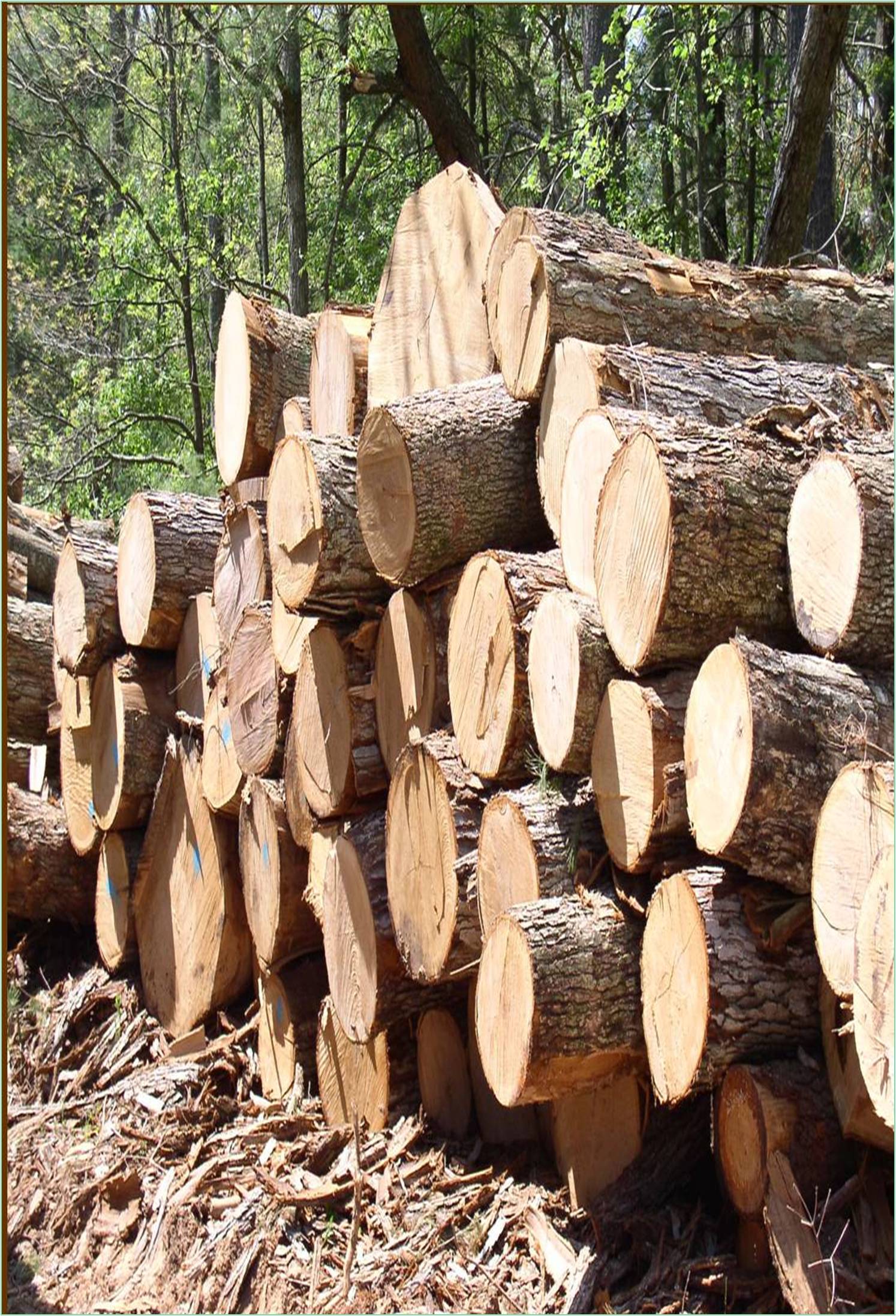



Received: 29-Nov-2022, Manuscript No. GJWSFW-22-83610; Editor assigned: 02-Dec-2022, Pre QC No. GJWSFW-22-83610(PQ); Reviewed: 16-Dec-2022, QC No. GJWSFW-22-83610; Revised: 23-Dec-2022, Manuscript No. GJWSFW-22-83610(R); Published: 31-Dec-2022, DOI: 10.15651/2449-1780.22.11.012
Natural resources (NRs) have no end and represent the richness of the entire system that supports life on earth. NRs are essential to maintaining the ecosystem's structure, functioning, and services. The term "sustainable management of NRs" refers to a range of NRs, including forest, agriculture, agroforestry, soil quality and health, water quality and readiness, and efficient nutrient availability and recycling through better farming management techniques. Sustainable management of NRs links ecosystem resilience with human and animal (livestock) well-being. Forests are the greatest natural resource (NR) in the world. They support a variety of useful plants and animals, as well as numerous microand macroorganisms, and they also actively absorb carbon (C) into soils and vegetation, reducing climate change and global warming. Similar to other resources, soil and water are the most crucial ones for preserving the structure, the function, and the yield characteristics of agricultural and agroforestry systems. The techniques of both scientific management and site-specific farming are essential for the proper and efficient usage of resources like soil, water, nutrients, etc. from the standpoint of its management and cannot be disputed. Similar to this, the availability of water and its regulation are crucial in ensuring that plants have access to vital nutrients and in maintaining the structure and fertility of the soil by giving bacteria, fungus, protozoa, earthworms, etc. a place to call home. A farming system based on ecological intelligence aids in controlling NR while also ensuring high production standards and environmental protection. Additionally, making the best use of arable and forest land contributes to the sustainability idea. Increased awareness and knowledge generation from ecological perspectives among farmers and people living on the edges of forests may be facilitated by skillful knowledge exchange among local community stakeholders. This will help to maximise land utilisation for agriculture and its outputs that may support sustainability. Since nature provides humans with a variety of crops, related products, timber, and nontimber forest products (NTFPs), it is imperative that we prioritise the shift away from an anthropocentric perspective and toward ecology-based viewpoints. This involves working toward sustainability and eco-harmony in order to achieve ecological wisdom. Effective instruments for sustainable natural resource management therefore include successful policies and their execution with strong governance, scientific research and development, establishing effective roadmaps for future plans, and ecological and local wisdom-based scientific research (NRM).This chapter examines the importance of NR as well as its innumerable advantages for biodiversity. The ecological and environmental techniques based on scientific knowledge that are used to maintain and preserve NRM using eco-friendly methods are also highlighted in this chapter. Agroforestry, ecological knowledge, ecosystem, forestry, sustainability, and soil health are some related keywords.
One of two unsupported assumptions is frequently made by researchers who examine the knowledge accessed by governmental organisations. They assume that because natural resource managers are experts with advanced degrees, they utilise scientific information, but others assume that because professional managers carry out their work in a given location, frequently for long periods of time, they use local knowledge. Government organisations in charge of managing natural resources, however, frequently rely on a certain knowledge domain we refer to as professional ecological knowledge rather than either scientific or local knowledge (PEK).The understanding of PEK may offer crucial insight into why many natural resource organisations have a constrained capacity for knowledge exchange. PEK may be both a symptom and a barrier to knowledge exchange in government agencies. We hope to encourage more explicit and critical assessment of the sources of information utilised in environmental decision making by drawing attention to PEK as an unique knowledge domain. Managers may underinvest in scientific research or knowledge exchange with scientists and local knowledge holders if they mistake PEK for scientific or local knowledge, as appears to be the case in both of the examples we looked at.